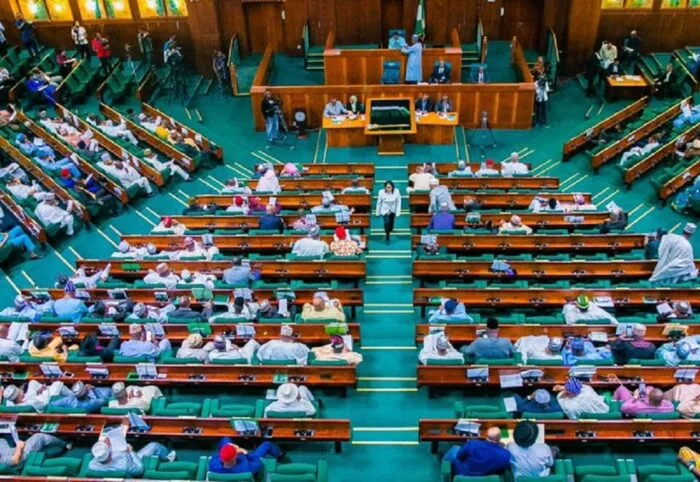The House of Representatives Committee on Renewable Energy is conducting an investigation into the use of over $2 billion in investments and grants allocated for the development of renewable energy sources in Nigeria since 2015. This inquiry follows a directive issued on June 6, 2024, mandating the committee to scrutinize the actions of various Ministries, Departments, and Agencies (MDAs) involved in this sector. Prominent government officials, including the Ministers of Agriculture and Food Security, Science, Technology and Innovation, and Budget and Economic Planning, are expected to provide insights and account for the shrinking power supply in the country despite the substantial financial support for renewable energy initiatives.
However, the commencement of the investigative hearings on November 5 and 6, 2024, was marked by a notable absence of key ministers, as none of them appeared in person but instead sent representatives. This scenario drew sharp criticism from Committee Chairman Afam Ogene, who voiced his disappointment at the ministers’ lack of attendance. He reiterated the critical importance of their presence, asserting the committee’s authority to summon public officials for investigation. He referenced Section 81 (1) of the Nigerian Constitution, which empowers the National Assembly to direct inquiries into matters related to government expenditure that fall within its legislative jurisdiction, emphasizing the seriousness of the oversight function of the Assembly.
During the hearings, Ogene specifically called on the Minister of Budget and Economic Planning to present findings, but a director from the ministry, Felix Okonkwo, appeared in his place. When questioned about his mandate, Okonkwo’s response—that he could take on some responsibilities but not all—was met with dissatisfaction from Ogene. The committee chair insisted that the minister himself must appear to provide a full account, underscoring that the investigative hearings are not intended to target individuals but rather to ensure accountability in government operations, especially in sectors reliant on significant federal funding.
Similarly, during the hearings, a representative from the Ministry of Science and Technology, Deputy Director Suleiman Abubakar, was not accepted as a valid substitute for the minister, who is expected to account personally for the ministry’s actions and policies regarding renewable energy development. Ogene rejected Abubakar’s attendance, asserting that the committee had officially invited the minister and not his subordinates, thereby reinforcing the importance of ministerial accountability in the investigation process. This sentiment underlined the committee’s determination to engage directly with senior officials who are ultimately responsible for decision-making related to the management of substantial public funds.
Attention is also focused on various stakeholders who are expected to testify on the second day of hearings, including the Minister of Petroleum Resources (Gas) and representatives from significant financial institutions like the Office of the Accountant General of the Federation and Union Bank of Nigeria. Their participation is critical in assessing the broader implications of renewable energy investments in Nigeria’s energy landscape. These sessions are positioned as a crucial opportunity for the government to identify lapses in the implementation of policies aimed at improving the nation’s power supply and advancing renewable energy initiatives, ultimately seeking to bring transparency and efficiency to investments in this key sector.
The outcome of these discussions could potentially influence policy decisions and shape the future direction of Nigeria’s energy sector, which has long struggled with challenges related to supply and infrastructure. The ability of the committee to hold ministers and officials accountable for their roles in energy investments could lead to reforms aimed at optimizing the utilization of resources, fostering sustainable development, and restoring faith in governmental processes. As such, the resolutions from this investigation may not only reflect current inefficiencies in the renewable energy sector but also provide a roadmap for enhancing Nigeria’s energy capacity moving forward.














